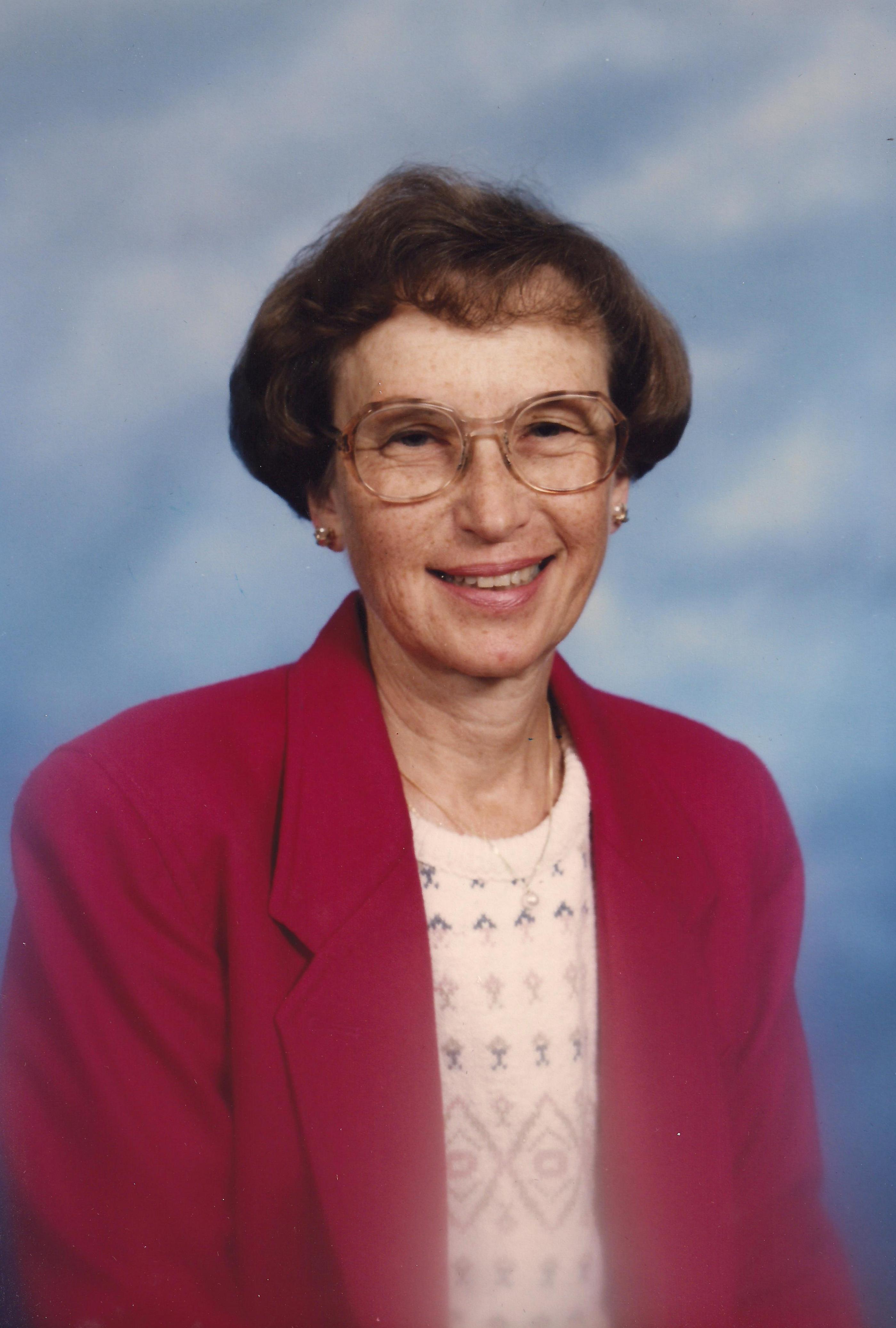
In the fifteen months since my mother’s death, I’ve spent a lot of time wondering who she was. Actually, I wondered this for years before she died as well. I know the basic facts of her life, but who was this woman in her heart and soul?
I think my sister and I both wonder this at times. My mother left behind some diaries, and my sister and I have talked about wanting to read them for clues as to how our mother thought. But my early perusals of these diaries show that they were either travel journals that simply recount where she was and what she saw on her trips abroad, or they were reflections on Bible passages that talk about what the readings said, not what they meant to her. In neither of these diaries does she seem to have written about her own hopes and dreams, her ambitions or her failings. And that’s the woman I seek to know—the woman she was beyond just being my mother.
In addition to skimming her journals, I’ve also turned to some of her books. She had a shelf or more of religious and philosophical works. Books by Thomas Merton, C.S. Lewis, and Norman Vincent Peale, to name a few. She was a heavy underliner. I’ve read some of her books to see what she underlined, but she highlighted so much of the text that I can’t tell what made the greatest impression on her. And rarely did she annotate a margin with any personal comments.
 The other day I opened a small volume by Thomas Merton, from the Modern Spirituality Series. It is a short collection of excerpts of Merton’s writings, little essays organized for daily reflection. As was true with many of my mother’s books, at least half of the text was underlined. I read, doing my own highlighting in neon yellow marker, trying both to understand and to ignore her blue ballpoint pen lines. I wanted not only my mother’s understanding of Merton, but also to glean my own understanding of his spirituality.
The other day I opened a small volume by Thomas Merton, from the Modern Spirituality Series. It is a short collection of excerpts of Merton’s writings, little essays organized for daily reflection. As was true with many of my mother’s books, at least half of the text was underlined. I read, doing my own highlighting in neon yellow marker, trying both to understand and to ignore her blue ballpoint pen lines. I wanted not only my mother’s understanding of Merton, but also to glean my own understanding of his spirituality.
I read each essay, one after the other, pausing briefly to think after some of them.
And then I got to page 34.
Suddenly the underlining stopped. My mother had heavily marked page 33 on “Thy neighbor as thyself”. Page 34 on “Fanaticism” had no markings. Nor did any of the following pages.
Why did she stop reading?
I will never know.
The Merton collection of essays was published in 1990, so she read it sometime after that. She was fifty-seven in 1990, a couple of years younger than I am now. She probably read the book when she was about my age. Did she read the book as part of a church class? For her own private reflection? Did she just happen upon it, or did someone suggest she read it to deal with some challenge in her life?
I will never know.
My desire to know her heart and soul is ultimately impossible. For none of us really knows the other.
One of Merton’s essays in this little volume of my mother’s—a part that my mother underlined—reads: “In reality, all men are solitary.” That is on page 30.
In the essay on page 31—also underlined—Merton says: “Solitude is not withdrawal from ordinary life. . . . solitude is the very ground of ordinary life. It is the very ground of that simple, unpretentious, fully human activity by which we quietly earn our daily living and share our experiences with a few intimate friends.”
Ultimately, my mother was a solitary person. And so am I. And so are you. She, like me and like you, went about simply and quietly pursuing her daily life, sharing just a bit of herself with her intimates.
Despite our solitude, we are nevertheless called to help each other. The last little essay of Merton’s that my mother read, the one on page 33, ends: “No man who ignores the rights and needs of others can hope to walk in the light of contemplation.”
That is how my mother lived her life—focused on the rights and needs of others. More I cannot say. I cannot say what caused her to stop reading the little book of Merton essays. I cannot say why she highlighted what she did. All I can know is what I observed in her actions.
All I can do is hope she found—in this life and the next—the light of contemplation.
What do you wish you knew about your parents?




Your mother sounds much like my own, Theresa. She has always put the needs of others before her own.
I wish I knew more about my parents during their teen and young adult years.
I might suggest Theresa that your mother WAS a contemplative. And contemplatives, unless they write, don’t say much. If you remember her as kind and generous, I expect that’s what she was although I do understand your wanting to understand more deeply.
Yes, Janet, she was definitely a contemplative. As I hope I am, too.
Theresa